Turnover also dropped by 9% to £1,866m for the six months to December 31 2019 due to “challenging market conditions”.
Net debt increased to £242.5m from £180.5m in the same period last year.
Chief Executive Andrew Davies was keen to emphasise a 3.4% increase in operating profit to £30.7m “before exceptionals.”
But the £71.1m of exceptional items on Kier’s balance sheet continue to be a major drag on the business.
And losses on discontinued operations – including the up-for-sale Kier Living division – totalled another £59.5m during the period.
Restructuring costs hit £48.8m during the six months as 1,200 people have left the business with another 50 set to go before the summer.
Kier said: “Fees of £18.1m have been incurred in undertaking and implementing the conclusions of the strategic review.”
Davies added: “I am pleased to report that many of the actions we outlined at the beginning of the year have been executed successfully.
“In particular, the decisive cost actions we have taken are now benefiting the Group and have more than compensated for the challenging market conditions we experienced in the period.
“These actions resulted in an increase of 3.4% in operating profit before exceptionals and the impact of IFRS 16.
“We expect to reduce the capital invested in our non-core businesses and to progress the sale of Living.
“The work to re-shape the Group continues, as we focus on executing our strategic priorities and reducing net debt.”
The results were well-received by the markets with Kier’s share price up more than 30% at one stage on Thursday.











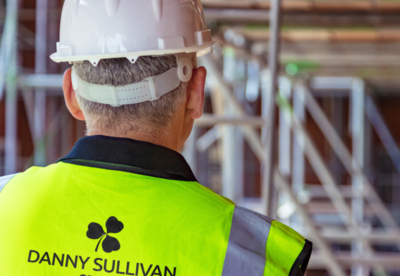




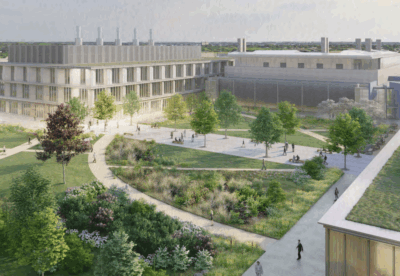




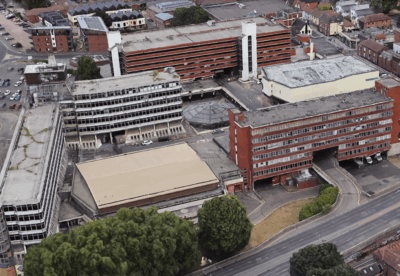

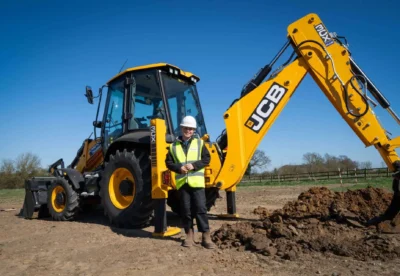

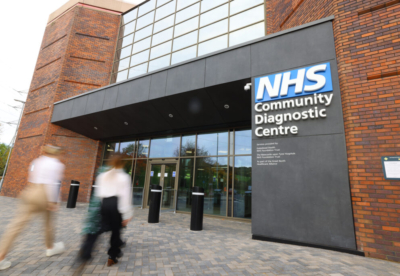
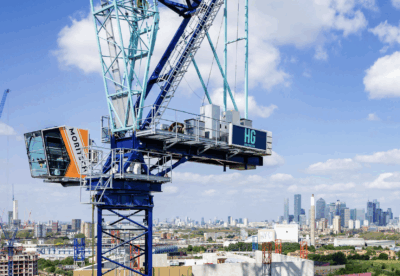
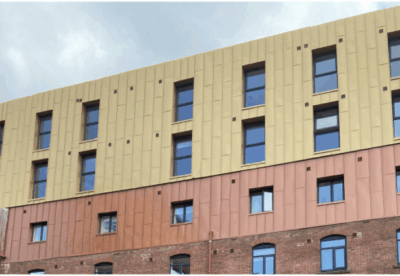


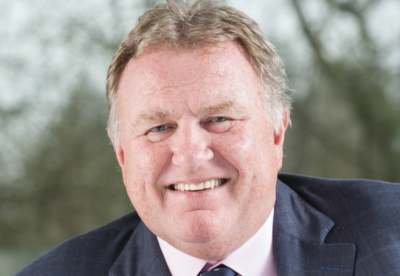
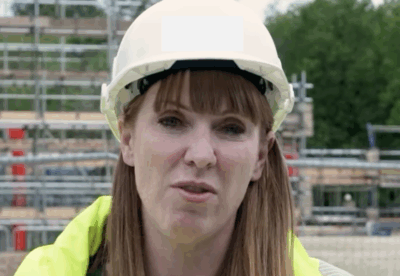
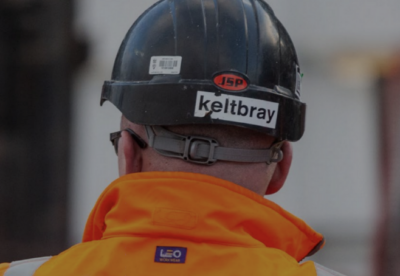

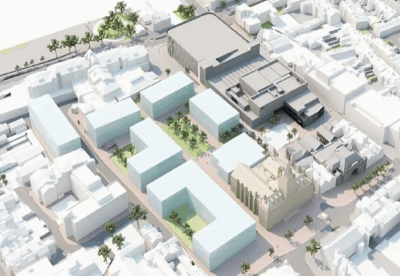



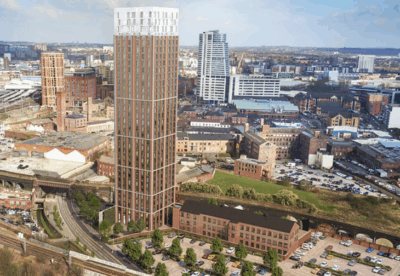
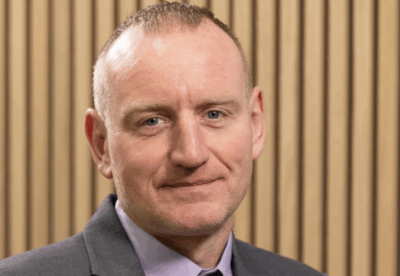
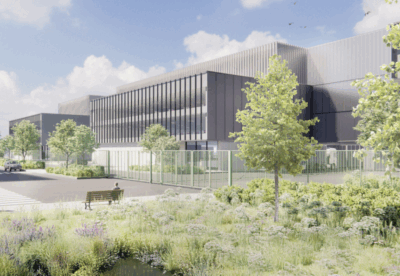


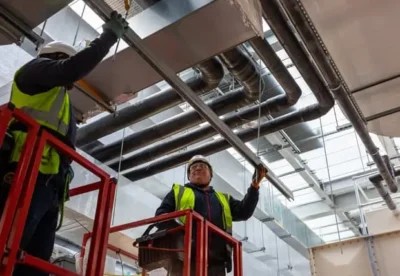

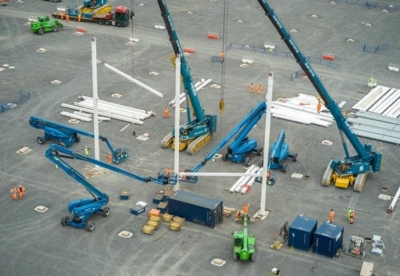

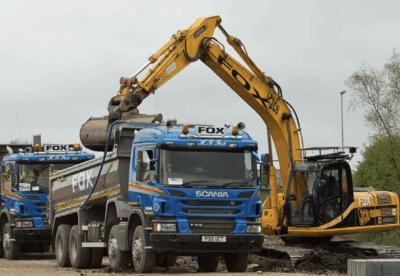



 (300 x 250 px) (2).png)


